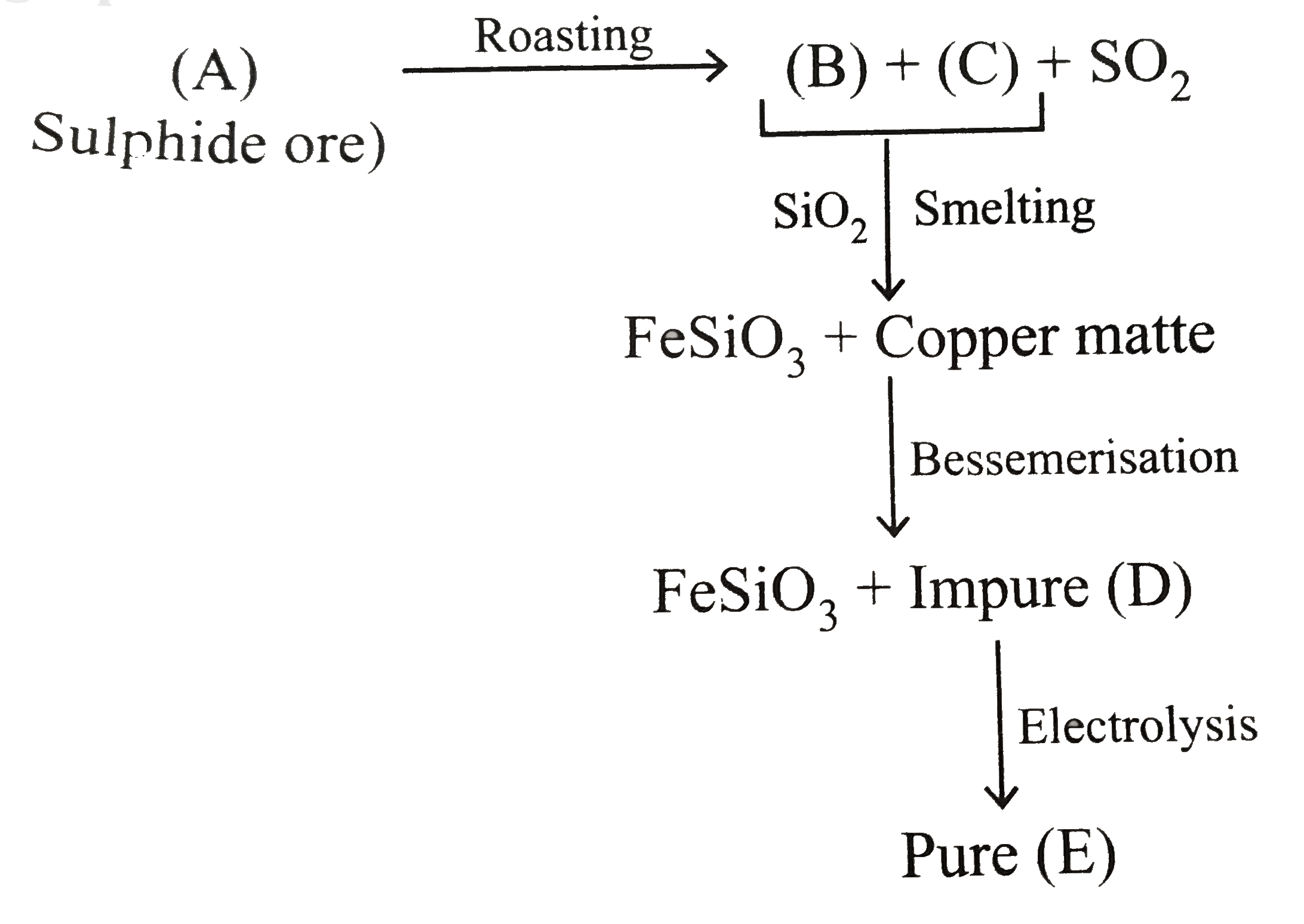
Identify (B) and (C) :
A
FeS+FeO
B
FeO+Cu2S
C
FeS+Cu2O
D
Cu2O+Cu2S
Video Solution
Text Solution
The correct Answer is:B
2CuFeS2+O2(A)Roasting−−−−→Cu2S+2FeS+SO2
Cu2S and FeS are further partially oxidised.
2Cu2S+3O2→2Cu2O+2SO2
2FeS+3O2→2FeO+2SO2
At iron is more reactive than copper, FeS is preferentially oxidised to FeO than Cu2S to Cu2O. If at all any Cu2O is formed, it reacts with FeS to give Cu2S again.
Cu2O+FeS→Cu2S+FeO
Hence, (B) and (C) are FeO and Cu2S.
On smelting (B)+(C), i.e., heating with SiO2 (flux) and soem powdered coke, FeO combines with silica to form fusible ferrous silicate slag.
FeO+SiO2→FeSiO3Ferrous silicate (slag)
Slag being lighter, floats on the lower layer which comprises of copper matte. Copper matte mainly consists of Cu2S and some unchanged FeS.
Copper matte is separated from slag, and on electrolysis gives pure Cu metal. Hence,
(B) and (C) are FeO and Cu2S respectively.
|
Topper's Solved these Questions
- GENERAL PRINCIPLES AND PROCESS OF ISOLATION OF ELEMENTSBOOK - CENGAGE CHEMISTRY ENGLISHCHAPTER - GENERAL PRINCIPLES AND PROCESS OF ISOLATION OF ELEMENTSEXERCISE - Exercise (Multiple Correct)
43 Videos
- GENERAL PRINCIPLES AND PROCESS OF ISOLATION OF ELEMENTSBOOK - CENGAGE CHEMISTRY ENGLISHCHAPTER - GENERAL PRINCIPLES AND PROCESS OF ISOLATION OF ELEMENTSEXERCISE - Exercise (Single Correcttype)
106 Videos
- GENERAL PRINCIPLES AND PROCESS OF ISOLATION OF ELEMENTSBOOK - CENGAGE CHEMISTRY ENGLISHCHAPTER - GENERAL PRINCIPLES AND PROCESS OF ISOLATION OF ELEMENTSEXERCISE - Exs 1.1 (True Orfalse Statement)
19 Videos
- ELECTROCHEMISTRYBOOK - CENGAGE CHEMISTRY ENGLISHCHAPTER - ELECTROCHEMISTRYEXERCISE - Archieves Subjective
35 Videos
- GRIGNARD REAGENTS AND ORGANOMETALLIC REAGENTSBOOK - CENGAGE CHEMISTRY ENGLISHCHAPTER - GRIGNARD REAGENTS AND ORGANOMETALLIC REAGENTSEXERCISE - Exercises Archives (Linked Comprehension)
1 Videos
Similar Questions
Identify A,B and C-
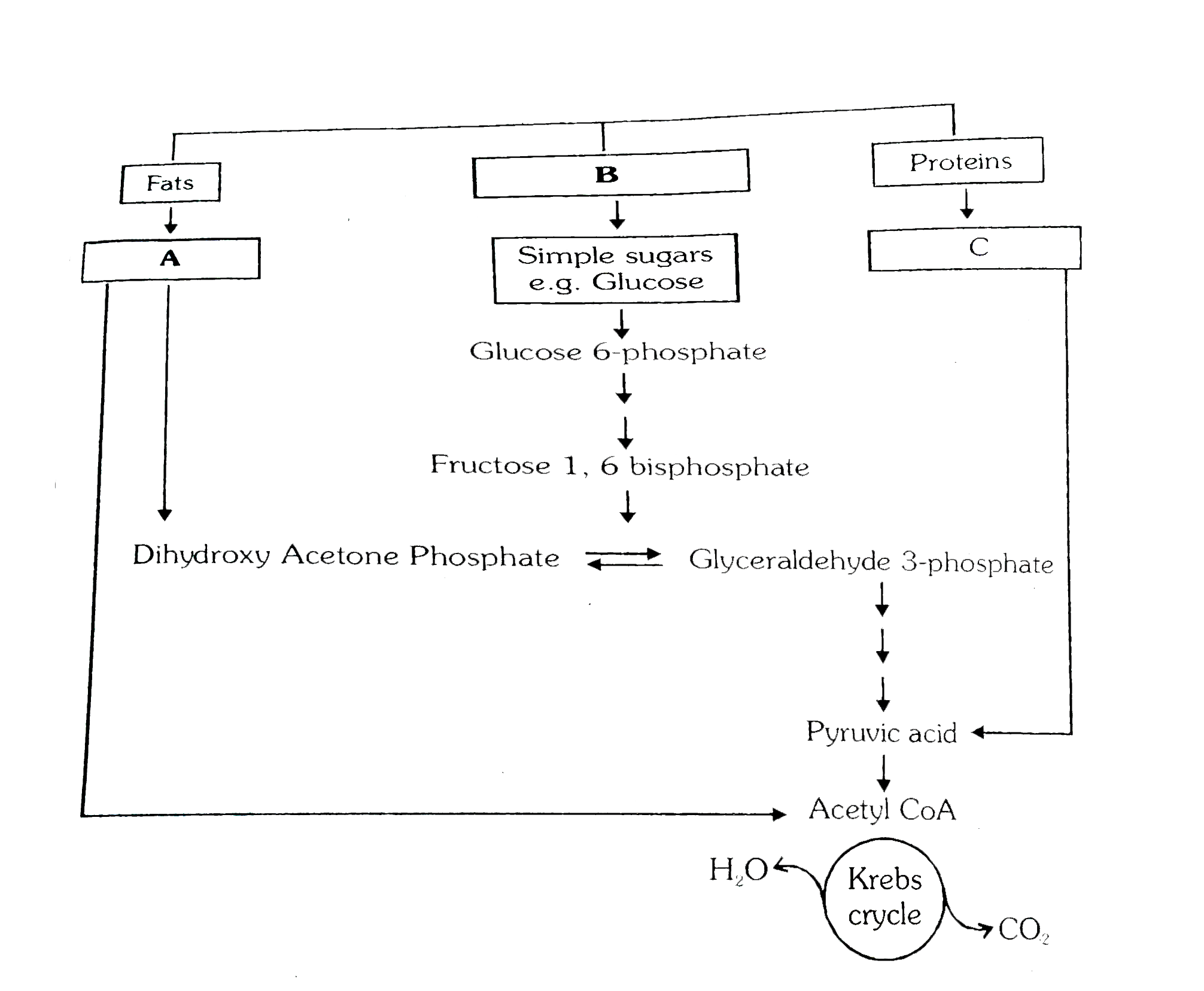
View Solution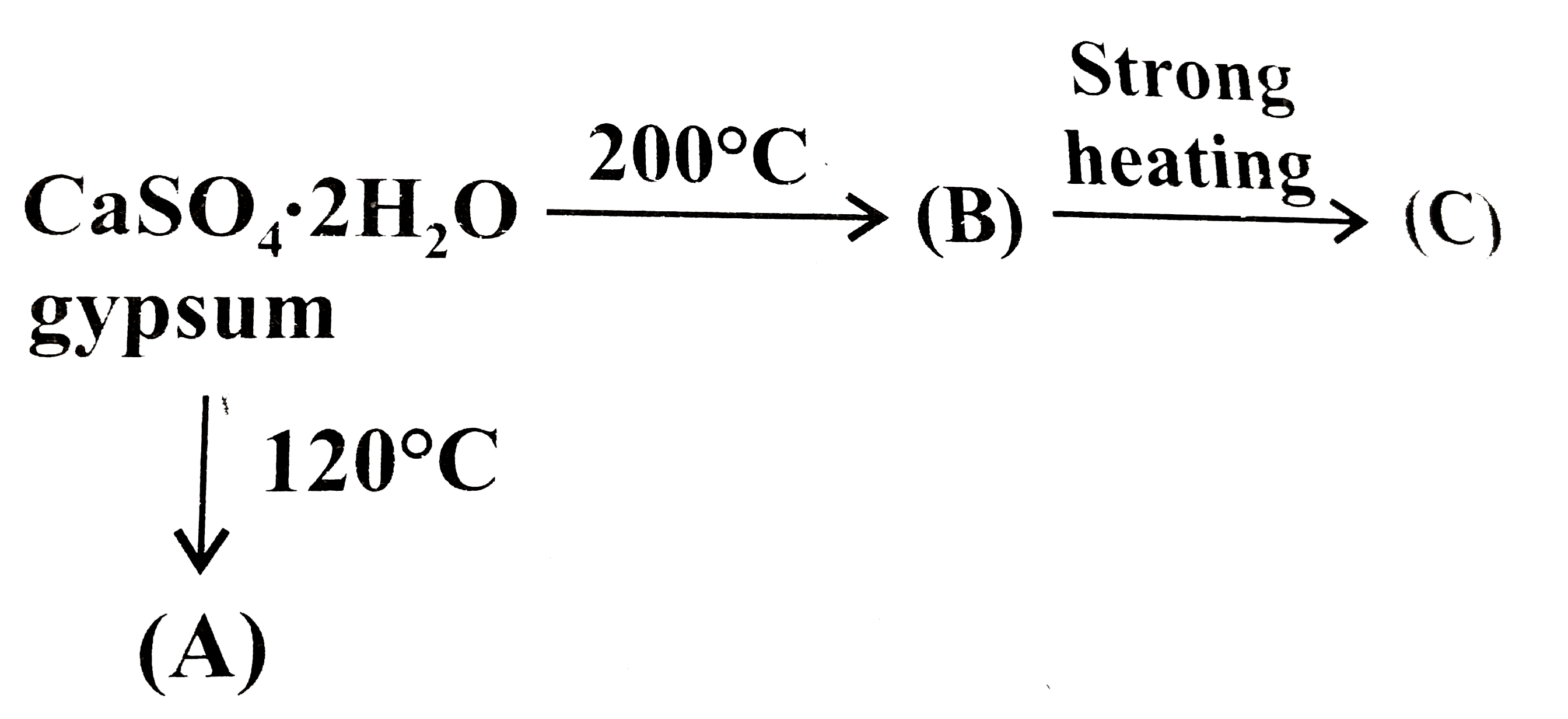
Identify (A),(B) and (C).
View SolutionIdentify A, B and C.

View Solution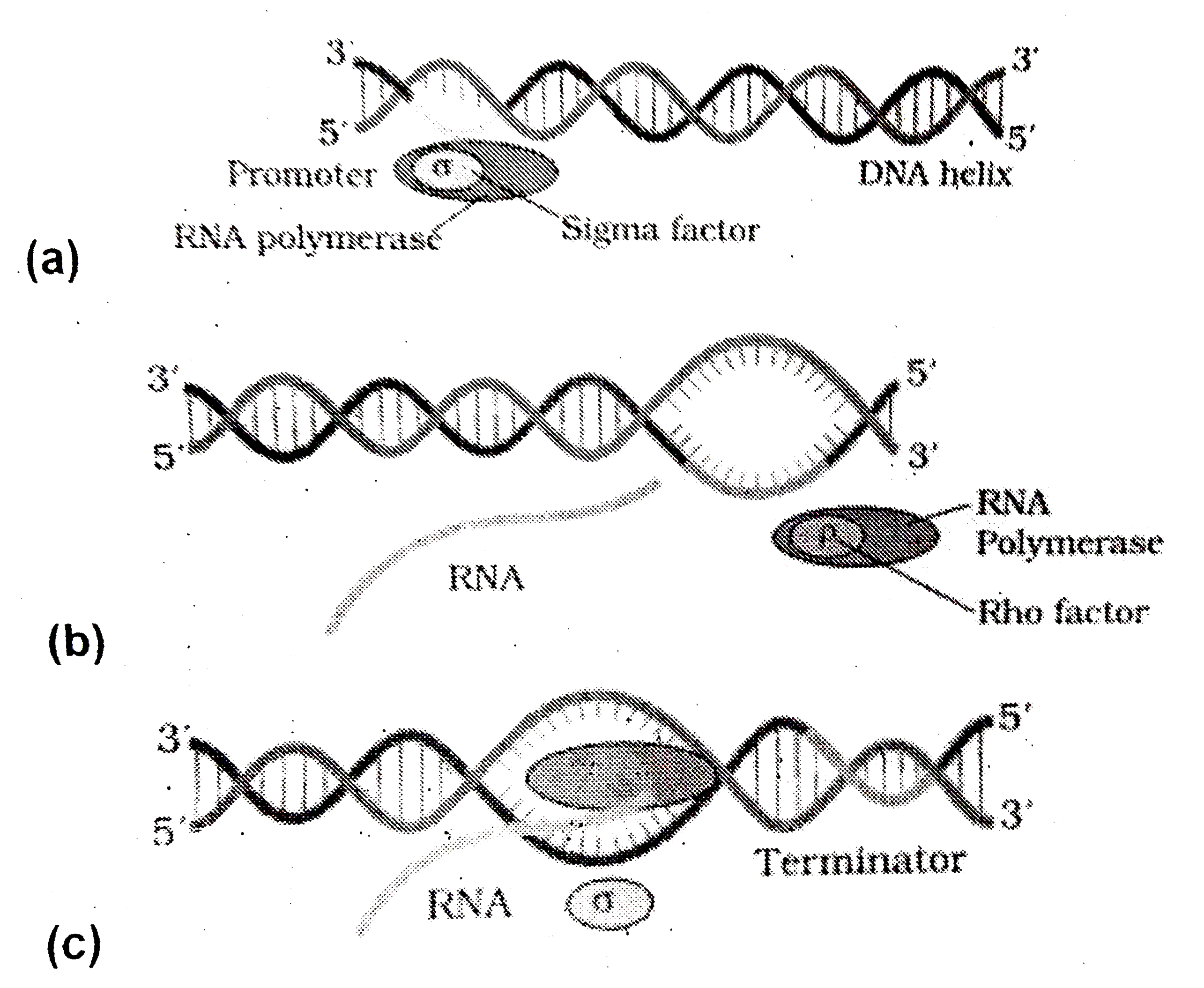
Identify a, b and c
View SolutionIdentify (A),(B), and (C) and give their strucyures.

View SolutionIdentify (A),(B), and (C) in the following reaction.
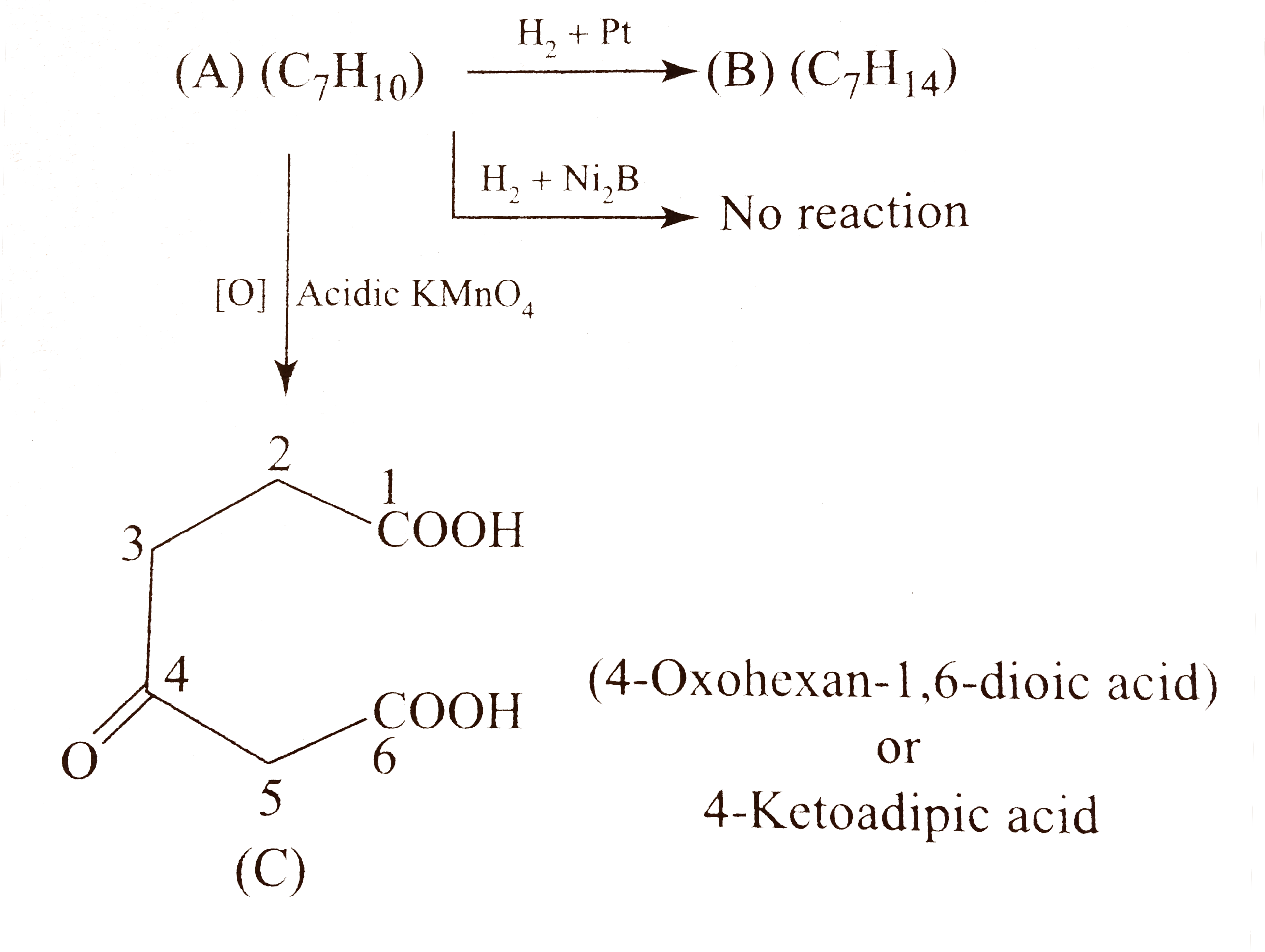
View SolutionIdentify A,B,C and D.
_E01_916_Q01.png)
View SolutionIdentify A, B and C ?
_E01_602_Q01.png)
View SolutionIdentify A,B,C
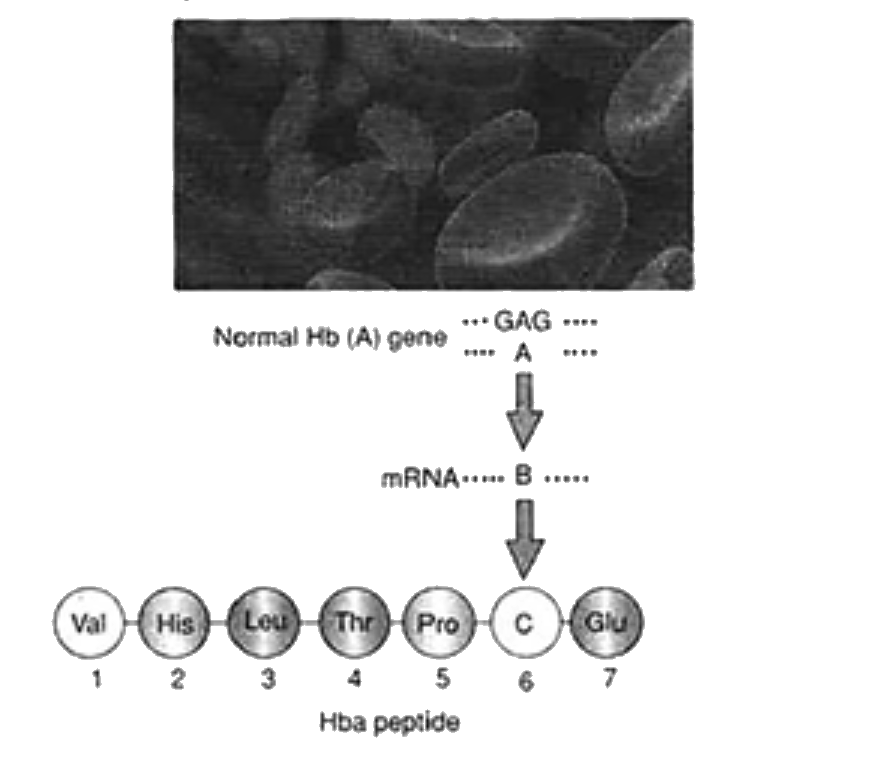
View Solution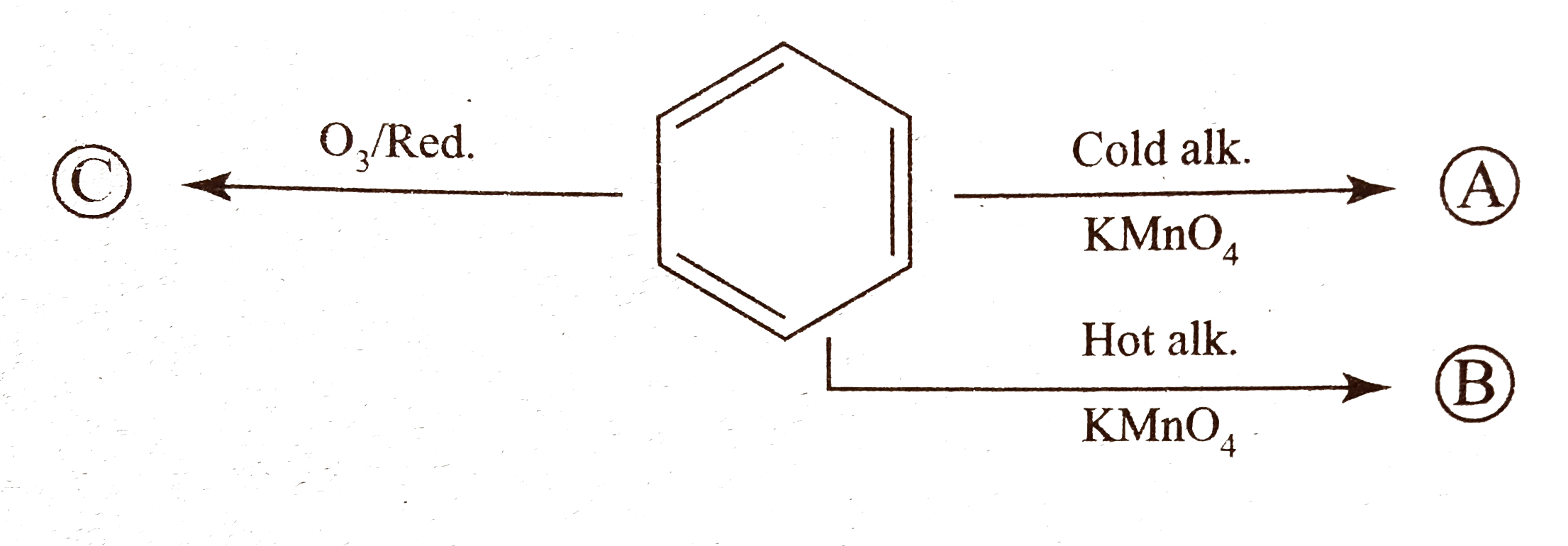 Identify A, B, C
Identify A, B, C
View Solution
